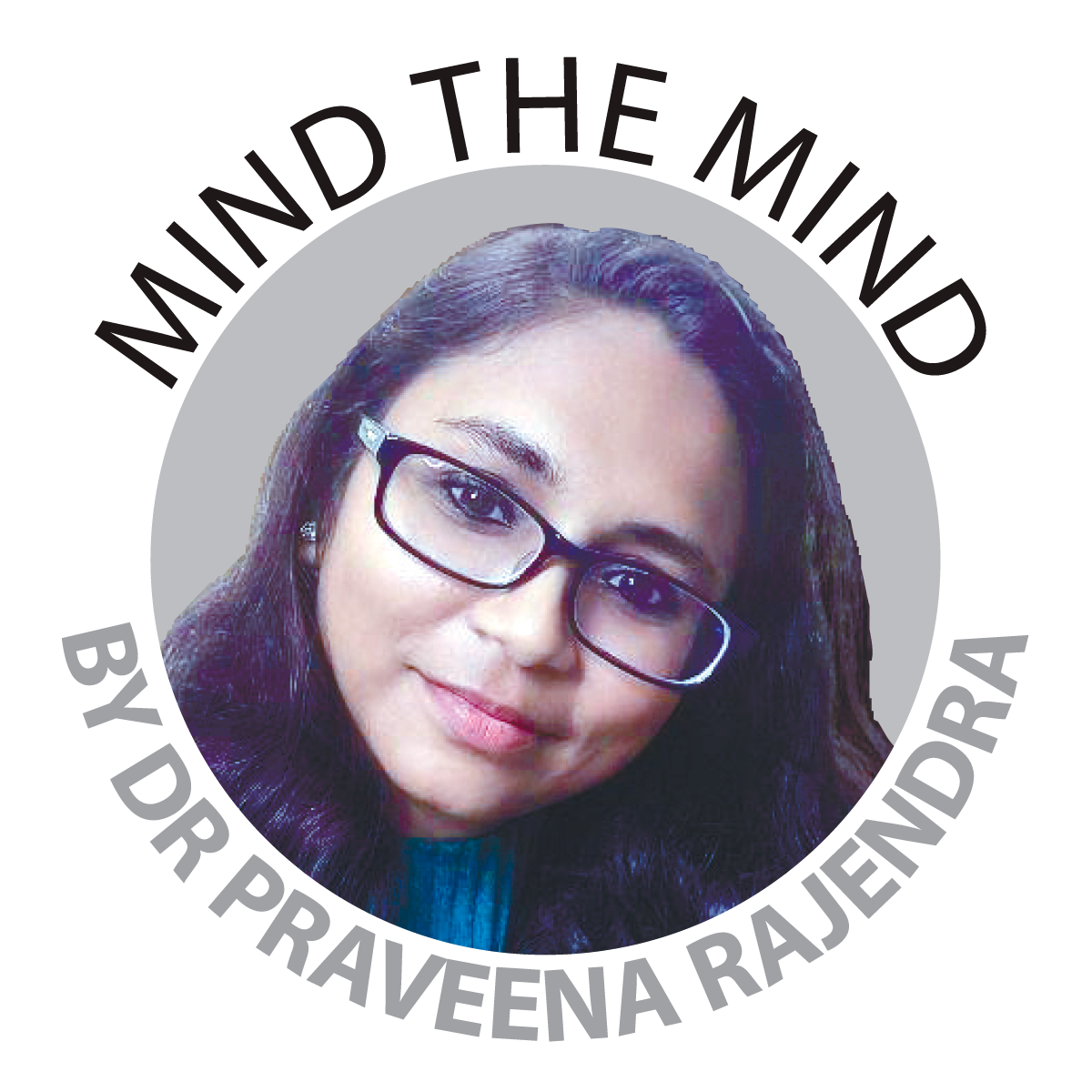WHEN fear whispers, it rarely does so dramatically. More often, it shows up as a quiet hesitation – a soft inner voice questioning whether you might look foolish, whether people might talk or whether it is safer to remain silent.
In these moments, many of us hide behind the excuse of not wanting to “show off” or complicate matters. We convince ourselves that retreat is wisdom. Yet, beneath the surface, it is often not humility but fear that holds us back – fear of judgement, fear of rejection and fear of confirming our own self-doubts.
This is where the concept of micro-bravery becomes crucial. Micro-bravery is the practice of taking small, deliberate actions despite fear. It is not the absence of fear that defines bravery but the refusal to allow fear to dictate our choices. Unlike the dramatic acts of heroism we often admire, micro-bravery is subtle. It is about choosing to speak up, to ask or to step forward even when discomfort urges you to retreat.
Over time, these small acts compound, transforming your relationship with fear and expanding your inner capacity for growth.
Staying silent to protect ourselves from imagined judgement often costs us more than any passing discomfort. In the end, the life you are building deserves a stronger advocate – and that advocate must be you.
An old Malay proverb captures this reality aptly: “Segan bertanya, sesat jalan,” meaning “Too shy to ask, and you lose your way”.
In a world that rewards participation and boldness, hesitation does not protect us – it often causes us to miss valuable opportunities. Being silent out of fear is not a safer path; it is a quiet forfeiture of potential growth. Micro-bravery, then, becomes not just a personal virtue but a necessary survival skill in a complex and fast-moving world.
One practical way to cultivate micro-bravery is by learning to challenge our fear with reflective questioning techniques. When hesitation creeps in, it helps to pause and ask ourselves: Is this fear actually true? Often, our mind inflates the possibility of rejection or failure far beyond reality. Most people are far more forgiving, distracted or indifferent than our inner critic would have us believe.
Next, we can ask: Is staying silent truly necessary? There are moments when voicing a thought, asking a question or presenting an idea is the very act that could change the trajectory of a situation, a project or even a relationship. Holding back in these critical moments often robs us of unseen opportunities.
Another useful reflection is to consider: What am I really risking? More often than not, the worst-case scenario is manageable and minor while the upside of acting could be transformative. Fear often exaggerates risk without offering a realistic sense of proportion.
Finally, perhaps the most powerful question of all is: What if it goes right? Our brains are wired to anticipate threats but consciously imagining success opens a different, empowering mental pathway. Shifting our internal dialogue from doom to possibility loosens fear’s grip and broadens our available choices.
It is also important to shrink the perceived significance of small acts. Our minds often magnify minor actions like asking a question, introducing ourselves or making a suggestion into monumental risks.
In reality, these are small and survivable moments that rarely define us in the eyes of others. No single conversation or stumble marks our worth. When we reframe these experiences as natural and expected steps in growth, we reduce the power fear holds over our behaviour.
Accepting discomfort as part of the process is essential to cultivating micro-bravery. Courage rarely feels smooth or confident in the beginning. Instead, it feels awkward, exposing and uncertain.
Many people mistakenly interpret discomfort as a sign they are on the wrong path, when in truth, it often signals expansion and learning. If we expect bravery to feel effortless, we set ourselves up for frustration.
Discomfort is not an error; it is evidence that we are stretching beyond our familiar limits. Over time, the willingness to endure small doses of discomfort builds emotional resilience, self-trust and an authentic form of confidence that cannot be faked or fast-tracked.
It is helpful to also remember that most people do not have the time, energy or interest to fixate on our perceived missteps. The spotlight we imagine shining harshly on us is usually a creation of our own anxiety.
Even if a few people notice a stumble, their attention fades quickly as they return to their own concerns. What remains with us far longer is the inner regret for the opportunities we did not seize, the connections we did not forge and the courage we failed to summon.
Every act of silence rooted in fear becomes a small but accumulating loss. Micro-bravery is not about grand, sweeping transformations. It is built through daily acts of defiance against fear’s small but persistent voice.
It shows up when we send the email we almost didn’t, when we ask the question we almost swallowed or when we voice the idea we almost convinced ourselves was not good enough.
Each small act chips away at fear’s false authority and strengthens our sense of agency. Consistency in these small acts is what ultimately builds a life characterised by movement, participation and growth rather than stagnation.
Fear may never completely disappear, and that is perfectly normal. The real transformation happens when we refuse to let fear hold the pen that writes our story.
No one else will walk the path that belongs to you. No one else will shoulder the cost of dreams left unexplored or growth left unrealised.
The future you seek, the fulfilment you crave, live just beyond the small fears you are willing to challenge today. And it all begins, not with a grand gesture but with one simple, powerful act: the decision to try.
Dr Praveena Rajendra is a certified mental health and awareness practitioner specialising in narcissistic abuse recovery. Comments: letters@thesundaily.com









